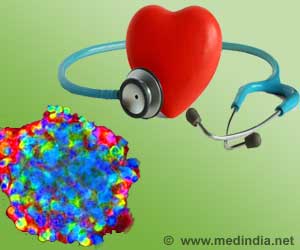A Japanese research institute said it was probing its own study on stem cells that outlined a simple and low-tech approach in the quest to grow transplant tissue in the lab.

But the national institute Riken said Tuesday it had started an investigation over "questions" about the methodology and input data of the study, appointing several in-house and outside experts to pore over the revolutionary report. Obokata works for the institute.
At issue are allegations that the researchers used erroneous image data for the high-profile article, local media reported.
"The experts have already started hearings for the researchers involved in the articles," an institute spokesman said Tuesday, but declined to give further details.
But for the moment the institute is standing by the results -- a spokesman insisted the "findings themselves are unassailable."
Stem cells are primitive cells that, as they grow, differentiate into the various specialised cells that make up the different organs -- the brain, the heart, kidney and so on.
Advertisement
The researchers' groundbreaking findings said that white blood cells in newborn mice were returned to a versatile state by incubating them in a solution with high acidity for 25 minutes, followed by a five minute spin in a centrifuge and a seven-day spell of immersion in a growth culture.
Advertisement
Until now, only plant cells, and not mammal cells, have been found to reprogramme back to a youthful state through simple environmental factors.
Source-AFP









